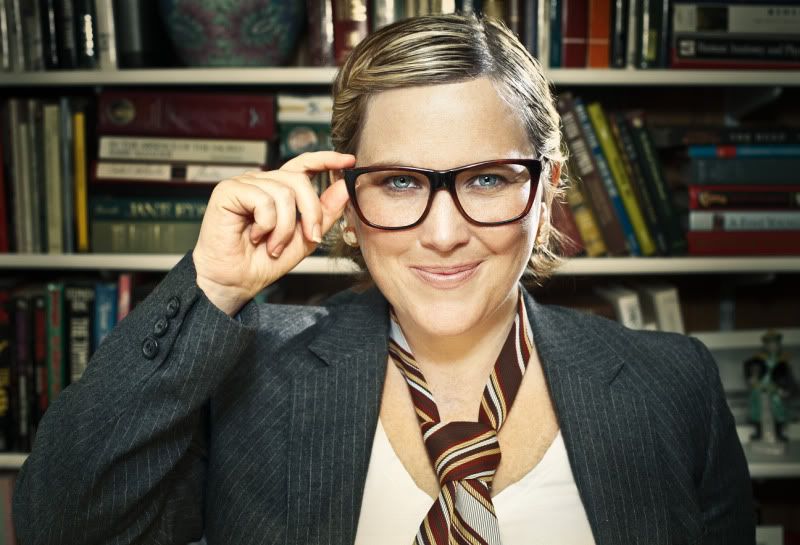It was recently announced that this year's Momentum festival would be the last, with Soul Survivor planning a new festival for 2017.
Thanks, Momentum, that the year I came feeling totally lost and confused about what on earth I was supposed to do, as a Christian woman who had no time for all the ultra-conservative stuff about gender and the church that I was reading about, I got to hear Jo Saxton preaching on an egalitarian interpretation of scripture and Elaine Storkey talking about global women's issues and that I realised that yes, things were going to be ok and that there was life and wholeness outside the box marked 'Biblical Womanhood'.
And thanks for amplifying all those other women's voices too because otherwise, I'd have barely experienced seeing women preach and teach. We really do have that far to go and we need Soul Survivor to keep banging the drum for women.
While I'm on that subject, thanks for 'coming out' as egalitarian and nailing your colours to the mast about it because you were so moved by the response the night you appealed for young women who had been hurt by the church over gender issues to come forward for ministry. The church needs organisations that are vocally, intentionally inclusive of women and their gifts.
Thanks, Momentum, that I found something special at Shepton Mallet when I was a thoroughly-messed up young adult with a catalogue of issues, a person who struggled even being on site at first because everyone seemed so happy and I was exactly the opposite and it just felt so bad, so crushing, seeing all those beatific faces when I felt the way I did. And thanks that I also found something special as a newlywed trying to figure all that married life stuff out. And as a justice-seeker trying to figure out what to do with my calling and my job at a time when I also wanted a child. And just a year later, as a new mother with my perma-feeding three-month-old in tow (even when he orchestrated a nappy explosion in the middle of a seminar on sex). That reminds me - thanks for giving Danielle Strickland the main stage slot that year. Her baby was only a month older than mine and seeing her up there preaching every evening knowing she was in the same stage of life as me was exactly what I needed.
Thanks for bringing together thousands and thousands of people from the supposed 'lost generation' of Christians every year for a decade and yes, for being cool enough to keep them excited about coming but also for welcoming all, not just the sort of young people who dress a certain way and go to a certain sort of church - even those who don't always want to jump around and do the Christian conga during worship in main meetings. Especially those who just like to sit quietly on the floor and keep still and think about stuff. It took me a good few years to understand those people. And then I became one of them.
Thanks for diversifying your programme as your delegates grew up and as the things we cared about and were interested in evolved, all the while keeping the core elements intact. And thanks for inspiring my generation to live differently and do some great things and get through the less-thrilling bits of life too - not just the highs of festivals and 'mountaintop experiences' - while keeping their faith alive.
Thanks for being committed to seeing healing happen, particularly emotional healing. I remember one year, a long time ago now, overhearing a young woman say that so many seminars seemed to focus on 'issues'. 'What if you don't have any issues to deal with?' she said to her friend. 'Aren't you fortunate?' I thought. You've provided the space for people to work things through and hear more clearly and I know so many people who are thankful for that.
Thanks for the terrible late-night campsite singalongs and the free hot drinks for people serving on teams and for making me spend loads of money in the bookshop and for the lovely smell of the night air and the peace of the early mornings and the pizzas and every injury I've ever sustained tripping over guy ropes in the dark and the music and for being more chilled than an event full of teenagers and the times I've heard God speak and the times I've seen Him do things and importantly, for your integrity.
Cheers, Momentum.

















